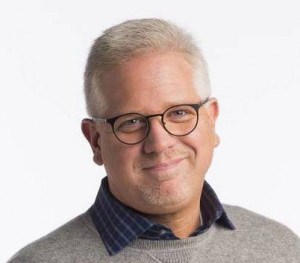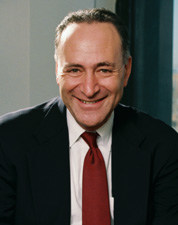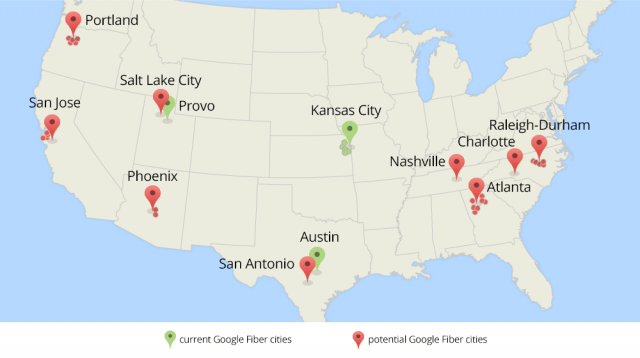
Austin is getting an upgrade just in time for competition with AT&T and Google.
There is no market for super-fast broadband speeds, unless your competitor decides to offer them.
Time Warner Cable customers in Austin will benefit from major Internet speed increases that the company insists have nothing to do with its competition.
Google is planning to offer gigabit broadband in select neighborhoods and AT&T is delivering 300Mbps service to a limited number of Austin customers over its slowly expanding fiber network. Coincidentally, Time Warner Cable now plans to match AT&T’s current top speed of 300Mbps beginning this summer.
“Our Austin network allows us to implement the speed increases quickly, and since it’s a rapidly growing market where we know there is demand for faster speeds, we’re moving forward with this aspect right away,” a spokeswoman for Time Warner Cable wrote in an email to CED.
“These substantial speed increases mean Time Warner Cable Internet customers have incredibly powerful new choices for services and features to meet their needs,” said Kathy Brabson, area vice president of operations for Time Warner Cable in Central Texas. “In stark contrast to our competitors, upon completion of this short roll out phase, these faster speeds and choices will be available to every Time Warner Cable customer in every area we serve in the Austin market, not just select neighborhoods.”
Time Warner has also been furiously expanding its Wi-Fi service, available at no cost to Internet customers with Standard Internet or above. To date the company has installed more than 1,300 hotspots with another 1,000 scheduled for installation this year.
| Residential Plans | Current Speeds | New Speeds | ||||||
| (Downstream/Upstream) | (Downstream/Upstream) | |||||||
| Everyday Low Price | 2×1 | 3×1 | ||||||
| Basic | 3×1 | 10×1 | ||||||
| Standard | 15×1 | 50×5 | ||||||
| Turbo | 20×2 | 100×10 | ||||||
| Extreme | 30×5 | 200×20 | ||||||
| Ultimate | 50×5 | 300×20 | ||||||
Along with Austin, the other areas that will get new speeds include Round Rock, Cedar Park, Leander, San Marcos, Elgin, Marble Falls, Lockhart, Bastrop, Fredericksburg, Taylor, Smithville, Wimberley, Liberty Hill, Lago Vista, Buda, Kyle, Elroy, and Lakeway.
Business Services customers in the area will also have access and can upgrade their service as the new plans are introduced starting this summer. TWC Business Services will introduce the new speed plans of 100 x 10, 200 x 20 and 300 x 20 as add-on options to its existing Wideband plans.
Current Standard Internet and above customers will receive new modems, likely produced by Arris or Technicolor. More information will be sent to customers as the launch dates approach. It is unclear if customers will have to pay to rent the new modems, will get to use them for free, and/or if they will be available separately for purchase.


 Subscribe
Subscribe
 “Look, the amount of decision makers, which is so surprisingly small in the industry in general, is potentially getting smaller,” Steve Krakauer, TheBlaze’s vice president of digital content told POLITICO. “Keeping up the fight is so important.”
“Look, the amount of decision makers, which is so surprisingly small in the industry in general, is potentially getting smaller,” Steve Krakauer, TheBlaze’s vice president of digital content told POLITICO. “Keeping up the fight is so important.”
 While you wait by the mailbox for your next Time Warner Cable rate hike notice, retired CEO Glenn Britt just deposited another $4.3 million in his personal bank account after selling another 30,000 shares of the Time Warner Cable stock he received as part of his lucrative compensation package. Just last month, he dumped 129,600 shares for a cool $17.3 million.
While you wait by the mailbox for your next Time Warner Cable rate hike notice, retired CEO Glenn Britt just deposited another $4.3 million in his personal bank account after selling another 30,000 shares of the Time Warner Cable stock he received as part of his lucrative compensation package. Just last month, he dumped 129,600 shares for a cool $17.3 million.

 Now that we’ve learned a lot from our Google Fiber projects in
Now that we’ve learned a lot from our Google Fiber projects in 